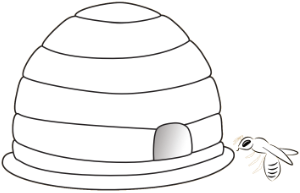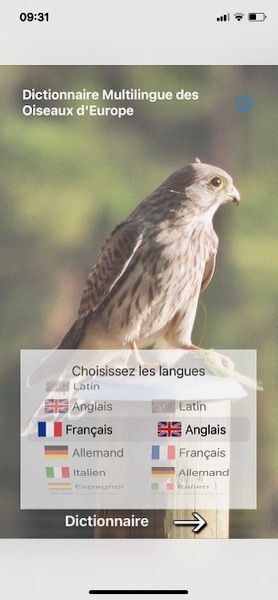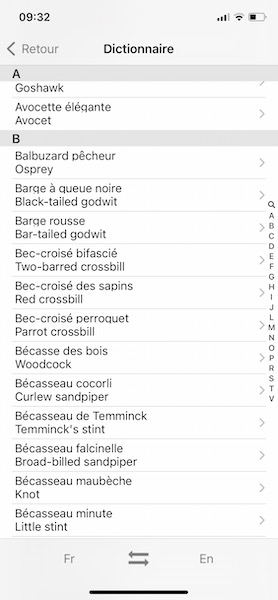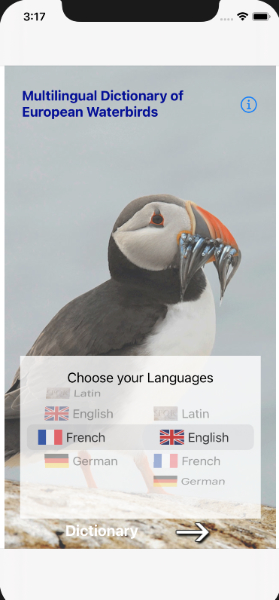Welcome to The Last Bee website
You are on the home page of thelastbee.ch
Here, you can access the following different sites:
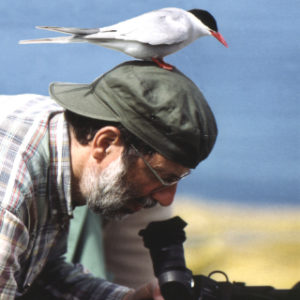 Videos and photos of nature in Europe and around the world: nature.thelastbee.ch
Videos and photos of nature in Europe and around the world: nature.thelastbee.ch
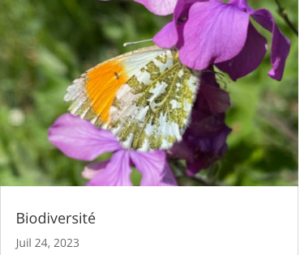 The Blog-note of the Last Bee: blog.thelastbee.ch
The Blog-note of the Last Bee: blog.thelastbee.ch
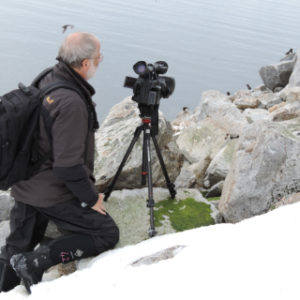 My experience in creating videos in nature: wildlife-moviemaking.thelastbee.ch
My experience in creating videos in nature: wildlife-moviemaking.thelastbee.chA propos iThink Solutions
After 15 years of using ready-made applications for the Mac, it was in 1999 that we began to develop our own.
Since 2012, the development has also concerned the iPhone, ensuring compatibility with the iPad.
For ornithologists, we have created the Multilingual Dictionary of European Birds on iPhone and iPad, whose screenshots opposite give an overview. 427 species are listed in 8 languages, including obviously Latin. On the right, the free version listing 160 species of waterbirds in 4 languages.
More details on the ithink.ch website
For history, one of the first websites on ithink listed some wild orchids from Switzerland: ithink.ch/orchidees/
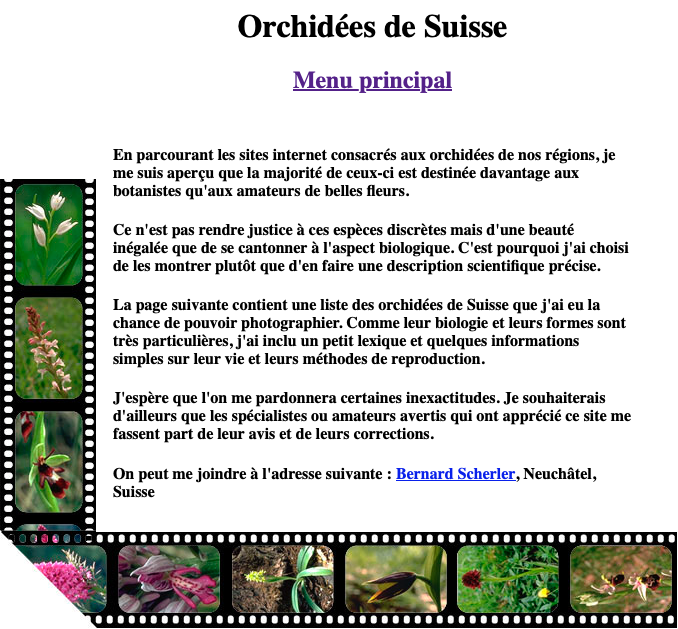
Why the domain name "thelastbee.ch"?
On October 30, 2019, Sebastian SEBOLD et al. published a study showing a decrease of more than 60% in insect species in grasslands and more than 40% in forests in Germany. Relayed by TV5 Monde, the information is supplemented by American and Dutch data showing a decrease of more than 80% in 40 years in the former and 75% in the latter.
During two trips to Spain, in 2018 and 2019, I found that the abundance of insects in this country required cleaning the windshield every two days, even on small secondary roads, while crossing the French border at Perthus on our return, no cleaning was necessary for more than a week. And I was able to make the same observation in Switzerland.
Fewer insects means fewer birds. In Switzerland, the cleaning of roadsides (to the extreme in my municipality) and the general impoverishment of flowering meadows have led to a scarcity of butterflies.
In 50 years of practicing ornithology, and observing nature in general, I have paradoxically witnessed the increasingly frequent presence of certain species, such as the crow, the royal kite or other opportunists, which is not necessarily a sign of an improvement in the health of our territory.
